The field of synthetic biology is rapidly evolving, blending the boundaries between biology, engineering, and computer science. As the discipline grows, so does the demand for professionals who possess not only deep technical expertise but also a diverse set of interdisciplinary skills. The modern synthetic biologist is no longer confined to the lab bench; they are innovators, collaborators, and problem-solvers who must navigate a complex landscape of scientific, ethical, and business challenges.
The foundation of synthetic biology lies in molecular biology and genetic engineering. A strong grasp of DNA manipulation, gene editing tools like CRISPR, and metabolic pathway design is essential. However, what sets apart today’s leading synthetic biologists is their ability to integrate these core competencies with skills borrowed from other domains. For instance, computational modeling and data analysis have become indispensable. The ability to write code, whether in Python, R, or specialized bioinformatics tools, allows researchers to simulate biological systems, analyze large datasets, and optimize genetic constructs before ever picking up a pipette.
Beyond technical prowess, effective communication bridges the gap between science and society. Synthetic biologists often work at the intersection of academia, industry, and policy, requiring them to articulate complex concepts to diverse audiences. Whether drafting grant proposals, presenting findings to investors, or engaging with the public about ethical concerns, the ability to convey ideas clearly and persuasively is critical. This skill becomes even more vital when collaborating across disciplines—engineers, biologists, and entrepreneurs must speak a common language to drive projects forward.
The business acumen of synthetic biologists is increasingly valuable as the field commercializes. Startups focusing on bio-based products, from sustainable materials to therapeutics, are proliferating. Understanding intellectual property law, regulatory frameworks, and market dynamics can mean the difference between a groundbreaking discovery and a viable product. Many synthetic biologists now find themselves in roles where they must evaluate the scalability of their work, secure funding, or navigate partnerships with large corporations. This entrepreneurial mindset complements scientific curiosity, turning lab innovations into real-world solutions.
Ethical and philosophical considerations also play a significant role in shaping the synthetic biologist’s skill set. The power to redesign life comes with profound responsibilities. Professionals in this field must grapple with questions about biosafety, environmental impact, and societal implications. Engaging with bioethicists, policymakers, and community stakeholders ensures that technological advancements align with public values and long-term sustainability goals. This dimension of the work requires empathy, cultural awareness, and a willingness to confront the unintended consequences of scientific progress.
Collaboration is another cornerstone of success in synthetic biology. The complexity of modern projects often demands interdisciplinary teams, where biologists work alongside chemists, computer scientists, and even artists. Learning to thrive in such environments means embracing diverse perspectives, managing conflicts, and fostering creativity. Open-source platforms and citizen science initiatives further expand the collaborative potential of the field, democratizing access to biotechnology and inviting unconventional ideas into the fold.
The future of synthetic biology will belong to those who can adapt and synthesize knowledge from multiple domains. As automation and artificial intelligence reshape research, professionals must stay agile, continuously updating their skills to harness new tools and methodologies. Whether through formal education, online courses, or hands-on experimentation, lifelong learning is non-negotiable. The most impactful synthetic biologists will be those who view their expertise not as a fixed destination but as an ever-evolving journey across disciplines.
Ultimately, the skill tree of a synthetic biologist is as dynamic as the field itself. It intertwines hard science with soft skills, creativity with rigor, and ambition with responsibility. Those who cultivate this diverse toolkit will not only advance the frontiers of biology but also shape how these breakthroughs integrate into the fabric of society. The era of the multidisciplinary synthetic biologist has arrived—and with it, unprecedented opportunities to reimagine life at its most fundamental level.
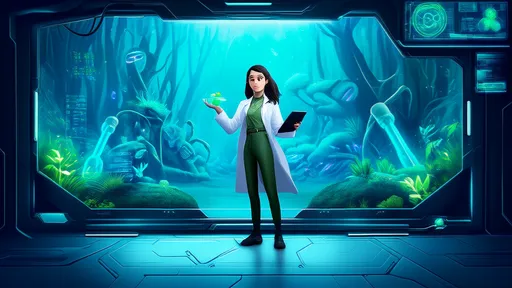
By /Aug 7, 2025
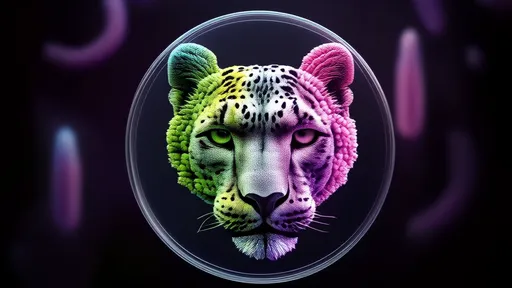
By /Aug 7, 2025

By /Aug 7, 2025

By /Aug 7, 2025

By /Aug 7, 2025

By /Aug 7, 2025
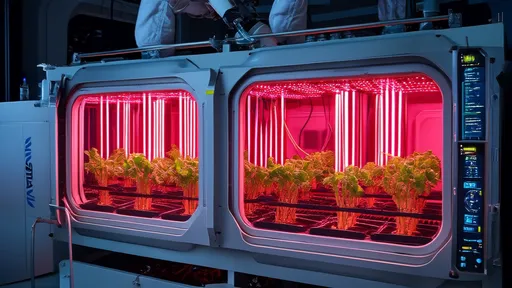
By /Aug 7, 2025

By /Aug 7, 2025
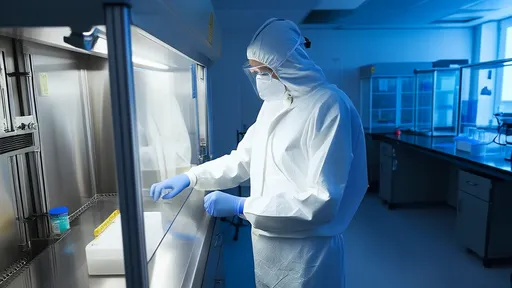
By /Aug 7, 2025
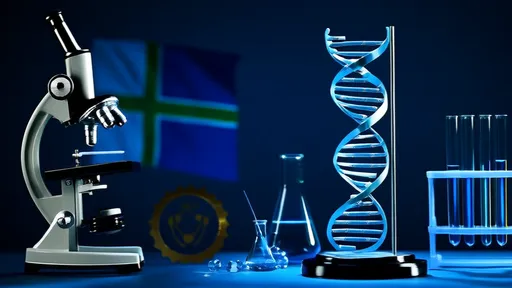
By /Aug 7, 2025
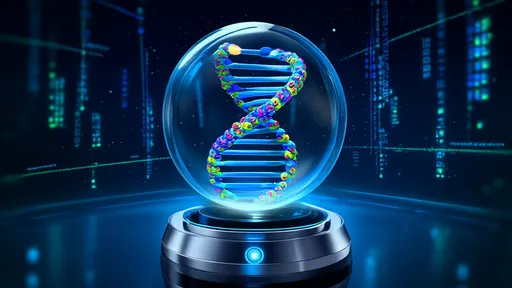
By /Aug 7, 2025

By /Aug 7, 2025
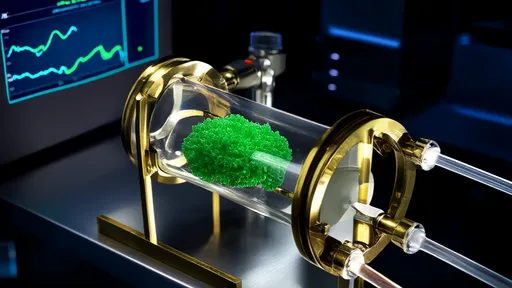
By /Aug 7, 2025

By /Aug 7, 2025

By /Aug 7, 2025

By /Aug 7, 2025
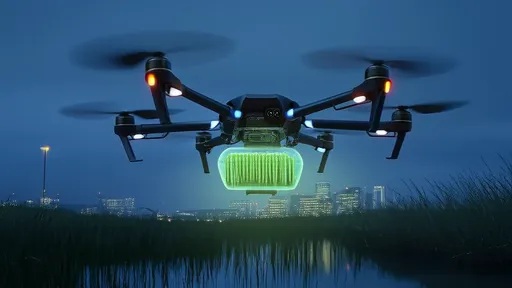
By /Aug 7, 2025

By /Aug 7, 2025
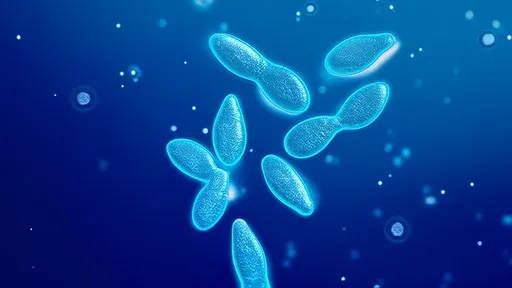
By /Aug 7, 2025

By /Aug 7, 2025